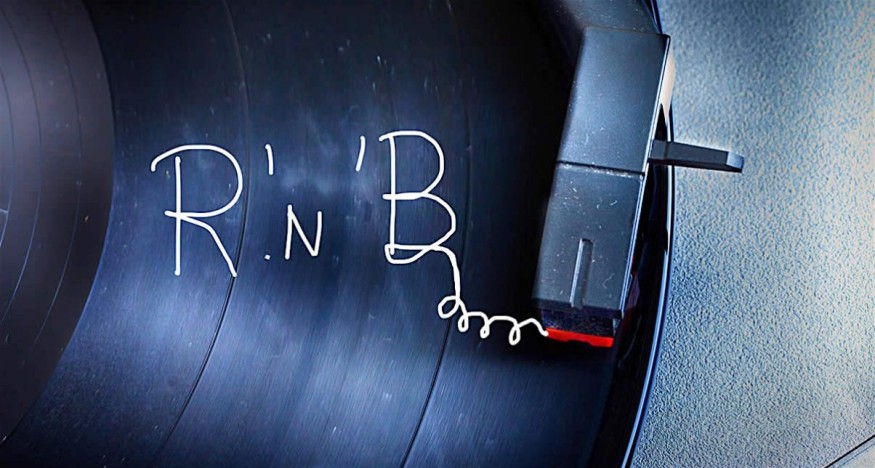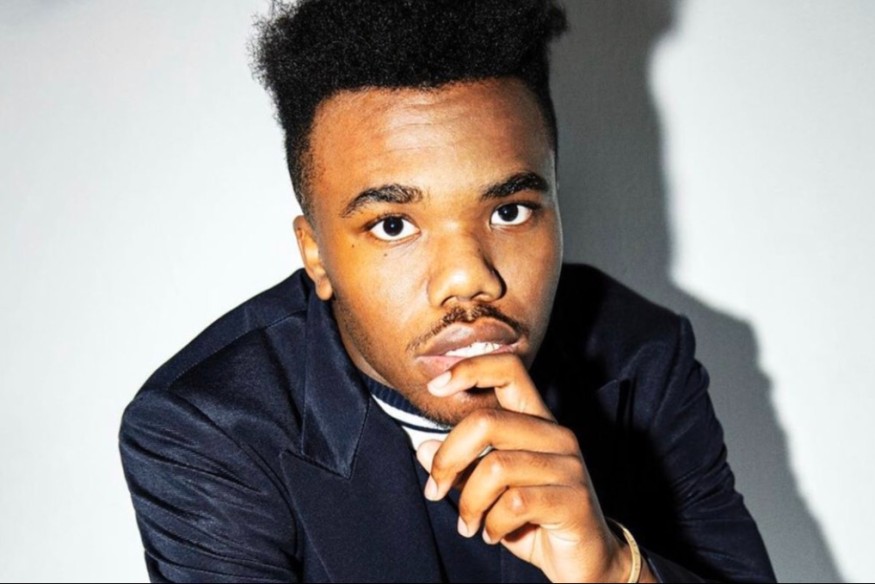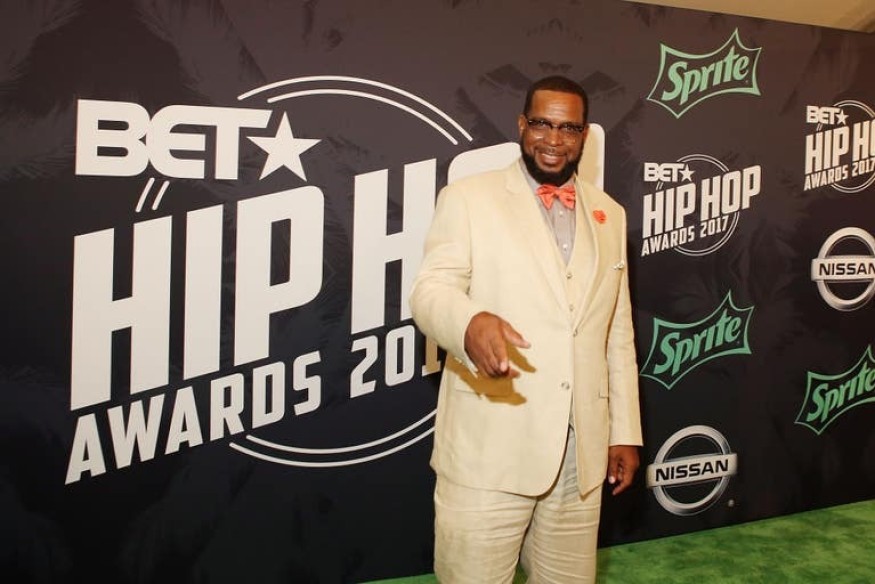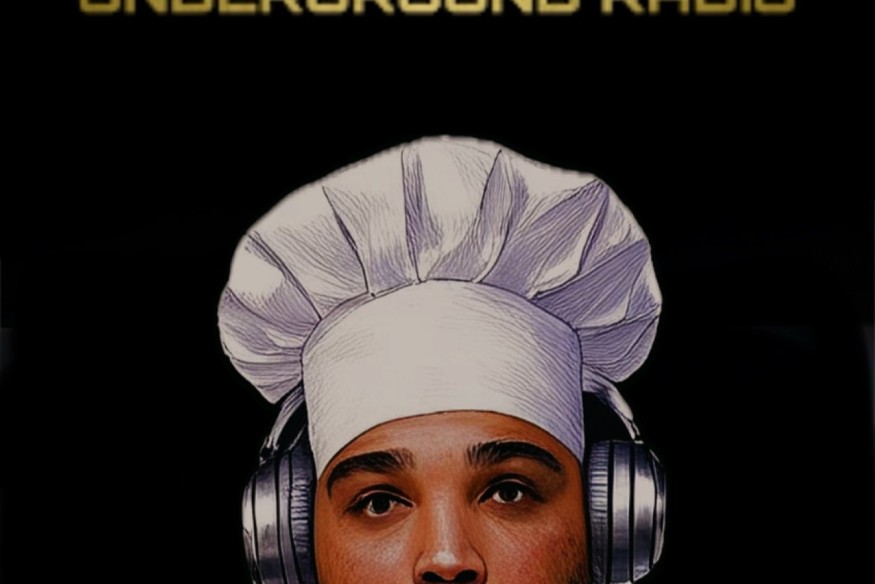
June 17, 2023
by Cortney Alexander
For decades, R&B music has captivated audiences with its soulful melodies, heartfelt lyrics, and infectious rhythms. However, in recent years, there has been a noticeable shift in the popularity and prominence of this cherished genre. The decline in R&B music has sparked discussions among fans, industry professionals, and music critics alike. In this article, we delve into the factors contributing to this decline while highlighting the genre's enduring influence and potential for resurgence.
One key factor behind the decline of R&B music lies in the constantly evolving landscape of popular music. The rise of electronic and trap influences, coupled with the dominance of hip-hop and pop, has led to a shift in the mainstream musical preferences of audiences. Consequently, R&B's traditional sound has been overshadowed by these newer genres, impacting its visibility and airplay on mainstream radio.
The boundaries between musical genres have become increasingly blurred in recent years, with artists exploring various styles and incorporating diverse elements into their music. As a result, many R&B artists have embraced a more hybridized sound, incorporating elements of pop, hip-hop, and electronic music. While this experimentation has broadened the genre's sonic palette, it has also made it challenging to define R&B music in its purest form, potentially alienating traditional R&B enthusiasts.
The advent of streaming services and digital platforms has revolutionized the music industry, offering listeners a vast array of choices. While this digital age has provided independent R&B artists with more opportunities to showcase their talent and reach audiences directly, it has also fragmented the market. With countless artists vying for listeners' attention, R&B music faces increased competition from various genres, making it more challenging for the genre to dominate charts and mainstream platforms.
The music industry plays a crucial role in determining which artists and genres receive promotion and exposure. Unfortunately, R&B music has often struggled to receive the same level of support and investment as other genres. Limited airplay, fewer marketing resources, and a focus on commercial viability have hindered the visibility and success of R&B artists. This lack of industry support has made it difficult for the genre to flourish and capture mainstream attention.
Music has always been a reflection of cultural and societal shifts. The declining popularity of R&B music could be attributed, in part, to changing tastes and the emergence of new cultural movements. As societal dynamics and preferences evolve, so too does the musical landscape. R&B's traditional themes of love, relationships, and personal experiences may not resonate as strongly with younger generations who seek different narratives and perspectives in their music.
Although R&B music may be experiencing a decline in mainstream popularity, its significance and influence cannot be understated. Its rich history, immense talent pool, and timeless classics ensure that R&B will always hold a special place in the hearts of music lovers. As the musical landscape continues to evolve, there is hope for a resurgence of R&B, with artists who are unafraid to push boundaries, adapt to changing trends, and captivate audiences with their soulful expressions. The genre's ability to reinvent itself and connect deeply with listeners gives us reason to believe in its enduring legacy and potential revival in the years to come.
DOWNLOAD THE FREE UNDERGROUND HIP HOP RADIO APP FOR ANDROID AND iOS WITH THE LINKS BELOW
The Raw 808 Underground on the App Store (apple.com)




























Comments(0)